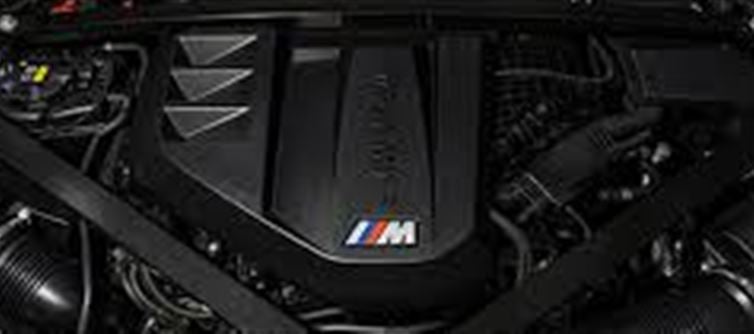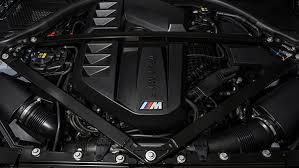
Whether you’re looking to increase horsepower, improve fuel efficiency, or just enjoy a smoother, more responsive drive, there are several tweaks you can make to your car. Let’s explore five practical ways to upgrade your car’s performance.
1. 🌬️ Upgrade Your air Filter for Better Engine Breathing
How It Helps:
The air filter controls the airflow into your engine. If it’s clogged or inefficient, the engine won’t get enough oxygen, which affects combustion, power, and fuel efficiency.
What to Do:
· Replace your stock air filter with a high-performance aftermarket air filter like a K&N or aFe Power. These filters allow more air to flow into the engine, resulting in better acceleration, increased power, and improved throttle response.
· Regularly clean and replace air filters to maintain optimal engine performance.
2. 🔧 Optimize Your Car’s Exhaust System
How It Helps:
An efficient exhaust system helps reduce backpressure, allowing the engine to expel exhaust gases more easily. This enhances power output and fuel efficiency.
What to Do:
· Install a performance exhaust system (cat-back or turbo-back systems) that increases exhaust flow.
· Performance mufflers can also help reduce backpressure and give your car a sportier sound.
· Consider replacing the catalytic converter with a high-flow version (for those in regions where it's legally allowed).
3. 🔋 Upgrade Your Spark Plugs for Stronger Combustion
How It Helps:
Spark plugs play a crucial role in igniting the fuel-air mixture in your engine. Worn-out spark plugs can lead to incomplete combustion, resulting in poor fuel efficiency and sluggish performance.
What to Do:
· Replace old spark plugs with iridium or platinum spark plugs. These offer better conductivity, longer life, and a more consistent spark for improved fuel combustion.
· Ensure your spark plugs are correctly gapped to the manufacturer’s specifications.
4. ⚡ ECU Tuning (Chip Tuning) for More Power and Efficiency
How It Helps:
The Engine Control Unit (ECU) manages how your car performs under different conditions, controlling things like fuel injection, air-to-fuel ratio, and ignition timing. By remapping or "tuning" the ECU, you can optimize these parameters to gain more power or improve fuel efficiency.
What to Do:
· Get an ECU tune from a reputable tuner or opt for a plug-and-play performance chip to get additional horsepower.
· Aftermarket tuners like Cobb, EcuTek, or APR can make significant improvements in throttle response, power delivery, and fuel efficiency.
5. 🔄 Upgrade to Performance Tires for Better Grip and Handling
How It Helps:
No matter how much power your engine has, it’s useless if your tires can’t grip the road. Performance tires provide better traction, handling, and cornering capabilities, allowing you to maximize your car’s true potential.
What to Do:
· Replace your stock tires with performance tires that are designed for better grip, such as Michelin Pilot Sport, Bridgestone Potenza, or Continental ExtremeContact.
· Make sure you choose tires that are suitable for your climate and driving conditions (e.g., summer, all-season, or winter tires).
Bonus Tip: Regular Maintenance is Key!
While performance upgrades are fun, don’t forget that keeping your car well-maintained can significantly improve overall performance. Regular oil changes, tire rotations, brake checks, and keeping your engine clean all contribute to keeping your car running at its best.
⚡ Quick Recap:
· Air Filter: Better airflow = More power
· Exhaust System: Less backpressure = More torque
· Spark Plugs: Stronger spark = Better combustion
· ECU Tuning: Remap for more efficiency or power
· Performance Tires: Better grip = Better handling and acceleration
By applying these upgrades and taking care of regular maintenance, your car will deliver smoother, quicker, and more efficient performance, whether you're cruising the streets or pushing the limits on a weekend drive.
Disclaimer:
The views and opinions expressed in this article are those of the author and do not necessarily reflect the official policy or position of any agency, organization, employer, or company. All information provided is for general informational purposes only. While every effort has been made to ensure accuracy, we make no representations or warranties of any kind, express or implied, about the completeness, reliability, or suitability of the information contained herein. Readers are advised to verify facts and seek professional advice where necessary. Any reliance placed on such information is strictly at the reader’s own risk.




 click and follow Indiaherald WhatsApp channel
click and follow Indiaherald WhatsApp channel